Whether you’re flying for fun or business, every drone pilot in New Zealand starts under the Civil Aviation Authority (CAA) Part 101 rules.
These regulations set out the safety framework for operating Remotely Piloted Aircraft Systems (RPAS) — keeping our skies safe for everyone.
At NZ Drones Academy, we train pilots every day to master these rules, build real confidence, and understand when it’s time to step up to Part 102 certification for advanced operations.
When flying under Part 101, you must always:
1. You must not operate an aircraft that is unsafe
Always check your drone before flight — propellers, batteries, firmware, and GPS.
2. You must fly below 120 metres (400 feet) AGL
This keeps drones clear of most manned aircraft operations.
3. Always maintain Visual Line of Sight (VLOS)
You must be able to see your drone with your own eyes at all times.
4. Only fly during daylight
Night flights are prohibited unless you hold a CAA Night Rating.
5. Keep clear of controlled airspace unless authorised
You can’t enter controlled zones (around major airports) without CAA approval.
6. Stay at least 4 km away from any aerodrome or helipad
If you need to operate closer, you’ll require permission or a Part 102 certificate.
7. Do not fly over people or property without consent
Respect privacy and safety — never fly directly over homes, cars, or gatherings.
8. Get consent before flying over private property
Even low-altitude flights require the landowner’s permission.
9. Give way to all manned aircraft
If you see or hear a helicopter or plane, descend immediately and land safely.
10. Stay clear of emergency operations
Never fly near police, fire, or rescue sites — this is a serious offence.
11. Do not drop or release anything from your drone
Unless authorised, it’s illegal to drop items or spray without certification.
12. Follow all local council and DOC restrictions
Check local bylaws and DOC permits before flying in reserves, beaches, or parks.
If you want to:
- Fly beyond 4 km of an aerodrome,
- Fly over people or property,
- Conduct commercial or agricultural spraying, or
- Use heavy or custom-built drones,
- Beyond Visual Line of Sight (BVLOS)
Then you must operate under CAA Part 102.
That’s where our Professional RPAS Part 102 Course comes in — providing step-by-step guidance to gain full CAA approval and operate legally for hire or reward.
Flying under Part 101 may seem simple, but small mistakes can lead to serious breaches — and fines of up to $5,000.
At NZ Drones Academy, our CAA-approved Part 141 instructors help you:
- Understand every Part 101 rule in detail.
- Learn safe pre-flight planning and risk management.
- Prepare for your Operational Competency Assessment (OCA).
- Transition seamlessly into commercial operations under Part 102.
Our Part 101 RPAS Pilot Certificate is recognised nationwide and valid for two years — giving you the confidence and credentials to fly safely and legally.
🎓 Available online or classroom-based
📜 Official NZ Drones Academy certificate
✅ Accepted by CAA for advanced training pathways
- Night Rating Theory – learn to fly legally at night.
- Operational Competency Assessment (OCA) – practical test for Part 101 pilots.
- Professional RPAS Part 102 Course – full certification for commercial drone work.
Flying under CAA Part 101 is where every great drone pilot begins. Learn the rules, respect the airspace, and build your future in aviation with NZ Drones Academy — New Zealand’s leading drone training provider.


